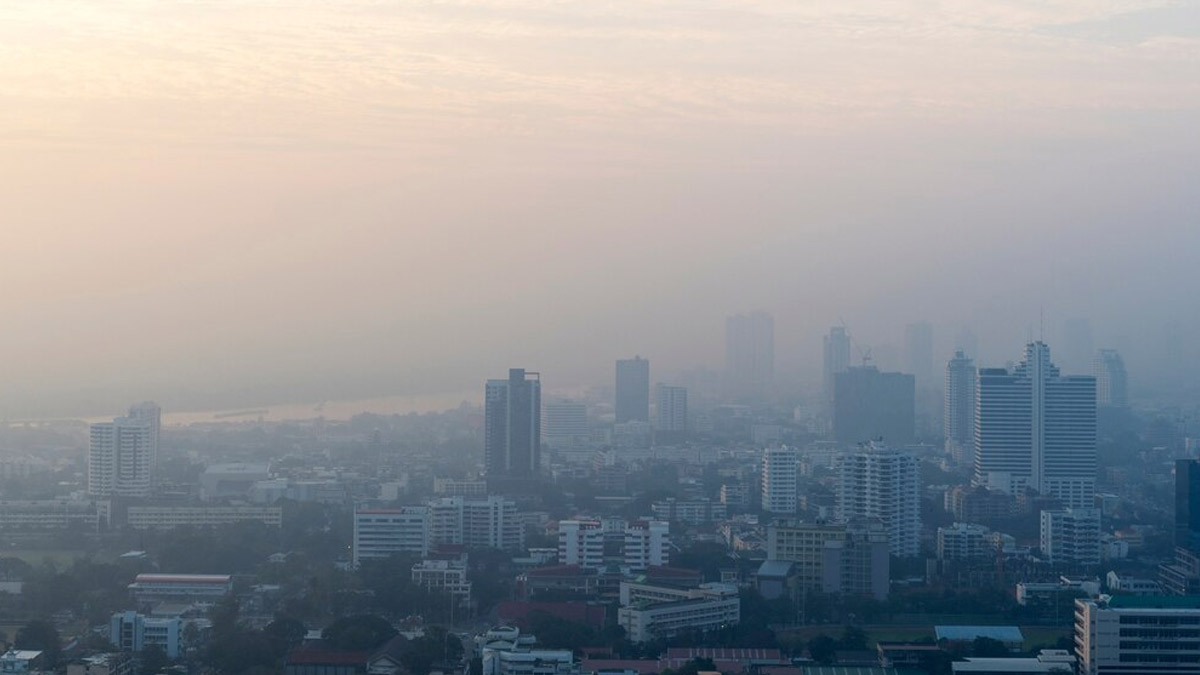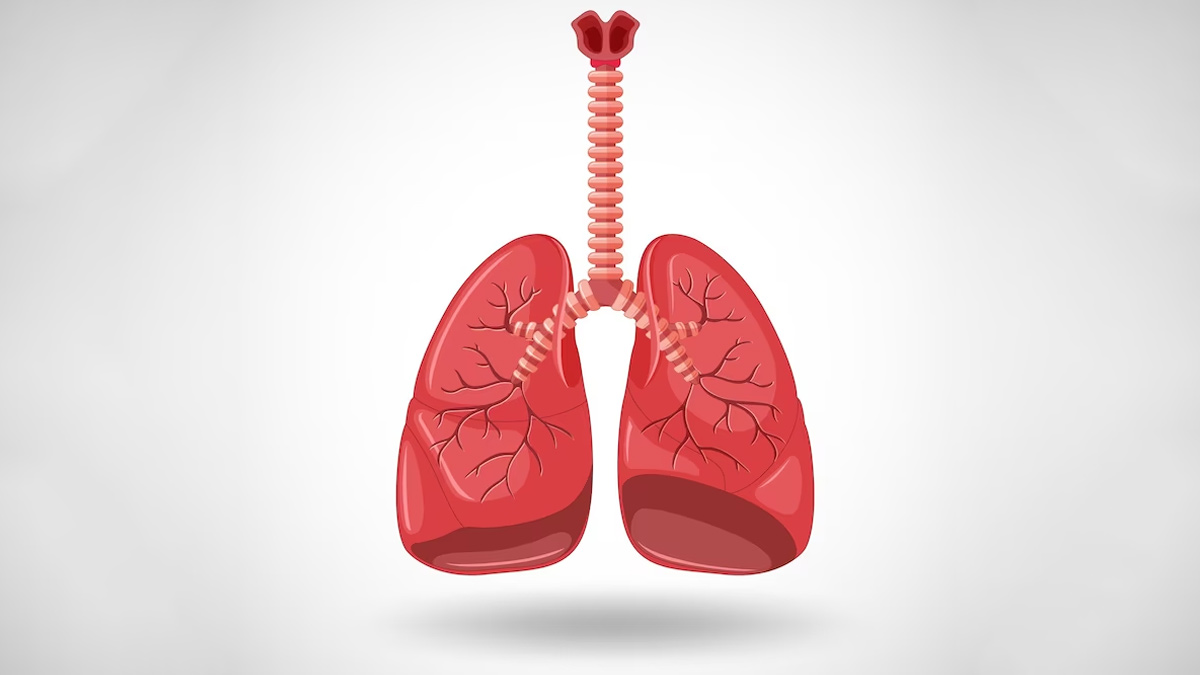
Delhi, in recent years, the city has been facing a significant environmental concern like deteriorating air quality. The polluted air in Delhi is not just a matter of discomfort, it poses a serious risk to public health.
Table of Content:-
The Air Quality Crisis
Delhi's air quality has been consistently poor, with a trend for high levels of air pollution, especially during the winter months. The major contributors to this crisis include vehicular emissions, industrial pollution, construction dust, and agricultural residue burning in nearby regions. These pollutants create a toxic mix that has adverse effects on the health of Delhi's residents.
Diseases Associated with Poor Air Quality
Respiratory Diseases
a. Asthma
Deteriorating air quality exacerbates asthma symptoms and can trigger asthma attacks. People with asthma are more susceptible to breathing difficulties when exposed to air pollution.

b. Chronic Obstructive Pulmonary Disease (COPD)
Long-term exposure to polluted air can worsen COPD, a chronic lung disease. COPD patients often experience increased breathlessness and coughing.
Cardiovascular Diseases
a. Heart Disease
Poor air quality can lead to an increased risk of heart diseases such as heart attacks, arrhythmias, and high blood pressure. Fine particulate matter (PM2.5) can enter the bloodstream and impact the heart.

b. Stroke
Studies have shown a link between air pollution and a higher risk of stroke. Tiny particulate matter can damage blood vessels, making clots more likely to form.
Respiratory Infections
a. Bronchitis and Pneumonia
Polluted air can weaken the respiratory system's defences, making individuals more susceptible to respiratory infections like bronchitis and pneumonia.
Allergies and Skin Conditions
a. Allergic Reactions
Poor air quality can trigger allergies, leading to symptoms like sneezing, runny nose, and itchy eyes.
b. Skin Irritation
Air pollutants can irritate the skin, causing conditions like eczema to worsen.
Preventive Measures
- Use Air Purifiers: Installing air purifiers at home can help improve indoor air quality.
- Wear Masks: When venturing outside, especially during periods of severe pollution, wearing masks can reduce exposure to harmful particles.
- Limit Outdoor Activities: Try to stay indoors during days with exceptionally poor air quality, particularly for children and the elderly.
- Ventilate Indoors: Ensure proper ventilation in your home, allowing fresh air to circulate when outdoor air quality improves.
- Plant Indoor Air-Purifying Plants: Certain indoor plants can help remove toxins and improve indoor air quality.
- The deteriorating air quality in Delhi is an important issue that directly impacts the health and well-being of its residents.
It's essential to be aware of the diseases associated with poor air quality and take preventive measures to minimise exposure to air pollution. Also, people and communities can play a vital role in advocating for cleaner air and supporting efforts to address the root causes of this environmental crisis.
A collective commitment to improving air quality is essential for the health and future of Delhi's population.
Also watch this video
How we keep this article up to date:
We work with experts and keep a close eye on the latest in health and wellness. Whenever there is a new research or helpful information, we update our articles with accurate and useful advice.
Current Version